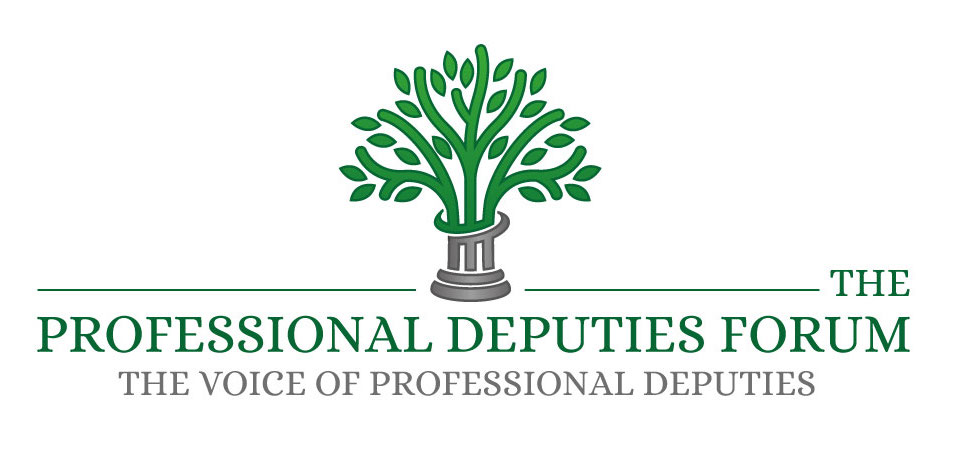The VRS was formally unveiled on Wednesday 11 September at an extremely well attended event in central London, at the Royal Society. There was standing room only at the event, with the audience made up of senior decision-makers from financial services, utilities, the third sector and other relevant bodies.
Attendees heard insightful and thought-provoking speeches from Paul Lewis; the CEO of the Consumer Credit Trade Association, Greg Stevens; Director of the Debt Managers Standards Association, Kevin Still; and Director of Christians Against Poverty, Dawn Stobart, following an introduction from Tony Leach, Director of VRS. They also watched a moving video with examples of consumers already signed up to and benefiting from the VRS: https://www.youtube.com/watch?v=NBr-4R9RpEs.
At the launch, the VRS published new survey data, commissioned from ComRes (fieldwork: 4-6 September 2019; sample: 2,009 GB adults), that clearly demonstrates the need for the kind of support the VRS tool provides, and the public desire for more significant action to be taken by businesses. The survey found that two in five GB adults have experienced a life event that left them feeling vulnerable, either financially or socially. It showed that:
- 54% of the public think businesses definitely or probably should be required to identify whether a prospective customer is vulnerable in order that they can be better protected against harm; and
- 50% of the public believe that businesses should have more regulatory requirements on them to identify vulnerable consumers.
The survey found that currently only 15% of the public agree that businesses do enough to protect their vulnerable customers. Payday lenders and gambling companies were particularly identified as business types that should do more to identify vulnerable customers, with 58% and 57% respectively mentioning them.
The positive response and feedback received from attendees was hugely encouraging, demonstrating that industry members clearly can see the benefits that this initiative can bring to help vulnerable consumers be treated fairly and compassionately.













Post a comment